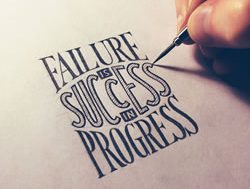Donna McGeorge* discusses how the first two hours of your work day can boost productivity and add value to your role.
 Ever noticed that as the day wears on, your patience (and fuse) in meetings or conversations at work becomes shorter and more erratic?
Ever noticed that as the day wears on, your patience (and fuse) in meetings or conversations at work becomes shorter and more erratic?
Your colleagues start to annoy you because you’re drained and dying for a nap not productive discussion.
When faced with important decisions, ones that could cost millions if you’re wrong, you’re more likely to sigh and randomly pick one so you can move on to something else.
This is compounded by the fact that we waste so much time and energy on email every morning when we come into work and automatically start responding to what’s in our inbox instead of getting on with high-priority stuff.
The issue is that when our mental energy is low, depleted by making lots of decisions and doing lots of little tasks like email throughout the day, our brain starts to try and find ways to shortcut thinking.
Our jobs require that we make decisions — in fact, it’s why we are hired in the first place!
We need good knowledge, experience and the ability to make a sound judgement in our area of expertise.
Hence, if you are not making good decisions, then you are putting your career at risk.
So, what to do?
Focus on the when, not the what
There are things we are currently doing when we arrive at the office that drag us and our productivity down for the entire day: checking our inbox, tidying our desk, responding to ‘urgent’ queries, discussing the football scores from the weekend or the latest exit from our favourite reality show.
Sure, these things still hold a place in the day, but is first thing the best time to do them?
There are particular tasks that, if done first thing, would actually add value to your role and to your whole day.
For starters, making important calls, having important discussions, and doing important work should be done in the morning before you suffer from decision fatigue.
When you leave important decisions until the afternoon, then your cognitive alertness is impaired and it’s more likely you’ll be reactive.
Based on our circadian rhythms, most of us will find our most productive time will be first thing in the morning.
Then by the afternoon our body and brain will be ready to switch to some routine tasks.
Hence, tasks that require attention and focus (what we would call our ‘real work’) are best done in the morning, and repetitive tasks (like email) are best done in the afternoon.
Divide your day into four
When you pay attention to what you do in your day and when then you can schedule your day according to when particular tasks are best done.
This will maximise your productivity – and your brainpower.
- The first two hours requires deep thinking, concentration and focus (high intensity and high impact, so you should do your ‘real work’, that is any tasks that require a lot of attention, energy and focus.
- In the second two hours, you are still alert but have space to do low impact tasks like dedicating time to others.
Think bouncing ideas around with people or something similar. - Once you get to the third two hours then you need to switch to tasks that can be done while metaphorically sleeping because they are easy and the stakes are low.
These are things that are repetitive and routine in nature – like processing email. - Lastly, the fourth two hours are perfect for preparation and planning because they don’t require a lot of ‘heavy lifting’ brain-wise, but will have a positive impact.
Basically, anything that sets a successful day tomorrow or that your future self will thank you for.
When we pay attention to the clock in our body, rather than the clock on the wall, working with our body’s natural rhythm, not against it, then we are happier, more alert, optimistic and this makes us better at decisions, and ultimately at our jobs.
*Donna McGeorge is a best-selling author and global authority on productivity. Her book series, It’s About time covers meetings, structing your day, and doing more with less is available in bookstores around Australia or can be ordered online via Donna’s website at www.donnamcgeorge.com.











